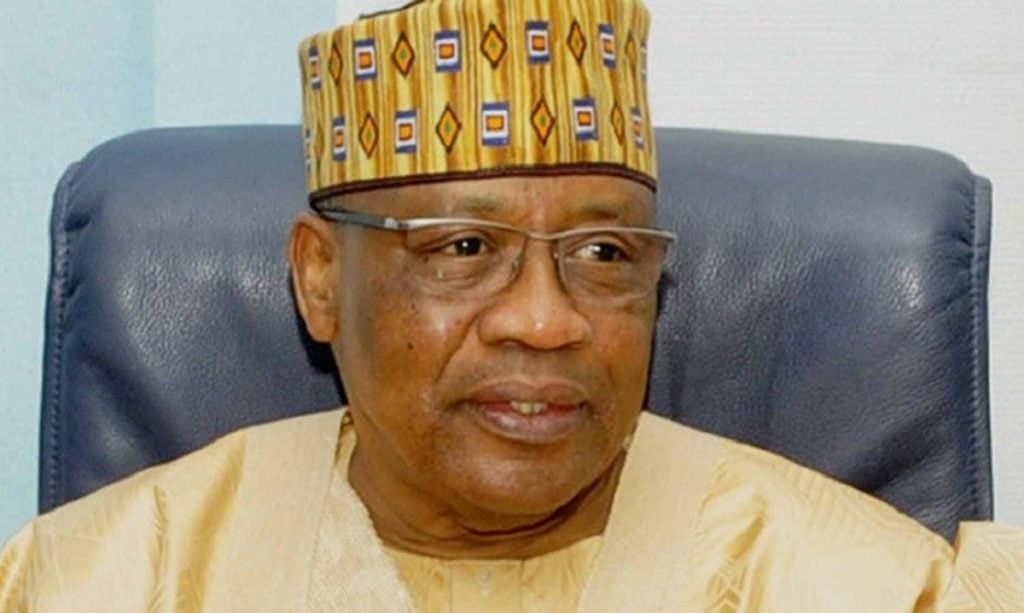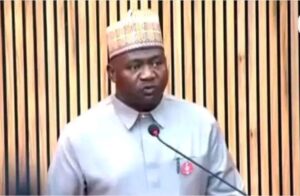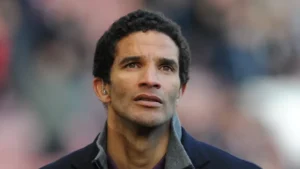Former Military Head of State, Ibrahim Badamosi Babangida (IBB), has dismissed claims that the 1966 military coup in Nigeria was an “Igbo coup.” In his newly released book, A Journey in Service, Babangida explains that the leader of the coup, Major Kaduna Nzeogwu, was Igbo only by name but was culturally more Hausa.
According to Babangida, Nzeogwu was born and raised in Kaduna and spoke Hausa fluently. He was deeply connected to the northern region, despite his Igbo heritage.
Babangida argues that Nzeogwu and his fellow plotters may have believed they were acting in the country’s best interest, but their actions had severe consequences.
IBB describes the assassination of Sir Ahmadu Bello, the Premier of Northern Nigeria, and his wife, Hafsatu, as a cruel act. He says Bello was loved by many, and his killing added to the tensions in Nigeria.
Babangida also notes that the coup lost its original purpose when others outside the initial group joined in, making it seem ethnically driven.
Babangida points out that some Igbo officers were also victims of the coup. He gives the example of Lt-Col. Arthur Unegbe, who was killed by fellow Igbo officer Major Chris Anuforo. He also mentions non-Igbo officers like Major Adewale Ademoyega and Captain Ganiyu Adeleke, who participated in the coup.
Additionally, Babangida reveals that the coup plotters planned to release Chief Obafemi Awolowo from prison and make him the leader of Nigeria. This, he argues, challenges the idea that the coup was driven by ethnic interests, as Awolowo was not particularly favored by the Igbo.
IBB admits that his view may be influenced by his personal experiences as a young officer at the time. He acknowledges that others may see the events differently but maintains that the coup was not purely an Igbo agenda.







